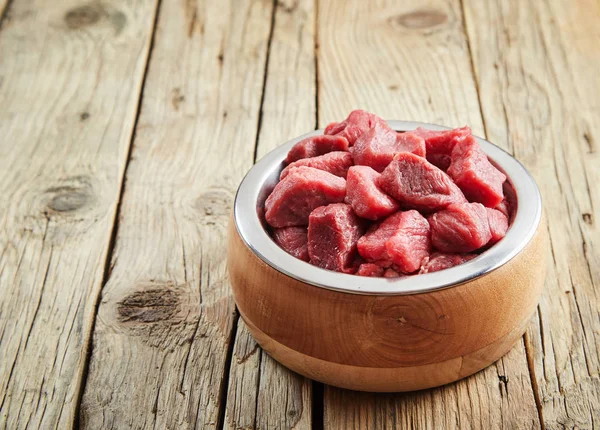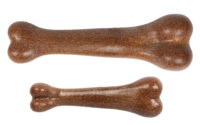Which meat is good for dogs
The Benefits of Including Meat in Your Dog’s Diet
Table of Contents

Including meat in your dog’s diet can provide numerous health benefits. Meat is a rich source of high-quality protein, essential for muscle growth and repair. It also provides important vitamins and minerals such as B vitamins, iron, and zinc. Additionally, meat can improve the palatability of your dog’s food, making it more enjoyable for them to eat. The amino acids found in meat contribute to healthy skin and a shiny coat. Overall, a balanced diet that includes meat can enhance your dog’s overall well-being.
Best Types of Meat for Dogs

When it comes to selecting the best meat for your dog, there are several options to consider. Chicken is a popular choice due to its lean protein content and easy digestibility. Beef is another excellent option, providing robust protein and iron levels. Lamb can be a good choice for dogs with food sensitivities, as it is less likely to cause allergies. Turkey is similar to chicken but offers a slightly different nutrient profile. Fish, particularly salmon, is rich in omega-3 fatty acids, beneficial for your dog’s coat and skin health.
How to Safely Prepare Meat for Your Dog

Safety is paramount when preparing meat for your dog. Always cook meat thoroughly to eliminate harmful bacteria such as Salmonella and E. coli. Avoid using seasoning or spices, as many of these can be toxic to dogs. Remove any bones, as cooked bones can splinter and pose a choking hazard or cause internal injuries. Cut the meat into small, manageable pieces to prevent choking. If you’re incorporating raw meat into your dog’s diet, ensure it is of high quality and fresh to reduce the risk of foodborne illnesses.
Balancing Meat with Other Nutrients

While meat is an essential part of a dog’s diet, it should be balanced with other nutrients. Carbohydrates from sources like rice or sweet potatoes provide energy. Vegetables such as carrots and green beans offer vitamins and fiber. Fats, such as those found in fish oil, are crucial for skin health and energy. Calcium from bones or supplements is necessary for strong bones and teeth. Ensuring a balanced diet that includes meat, carbohydrates, vegetables, and fats will help maintain your dog’s health and vitality.
Recognizing and Addressing Meat Allergies in Dogs

Some dogs may develop allergies to certain types of meat. Symptoms can include itching, digestive issues, and ear infections. If you suspect your dog has a meat allergy, it’s important to consult with a veterinarian. They may recommend an elimination diet to identify the allergen. Once the offending meat is identified, it should be removed from your dog’s diet. Alternative protein sources like fish or novel meats such as venison can be considered. Regular monitoring and adjustments can help manage your dog’s allergies effectively.
Incorporating Meat into Homemade Dog Food

Making homemade dog food can be a great way to ensure your dog receives high-quality ingredients. Start with a reliable recipe that includes the right balance of meat, grains, and vegetables. Cook the meat thoroughly and combine it with cooked grains and steamed vegetables. Supplements such as fish oil or a multivitamin can be added to ensure all nutritional needs are met. Store the food in the refrigerator and use it within a few days. Homemade dog food allows you to control the quality and source of the meat, providing peace of mind about what your dog is eating.
By carefully selecting and preparing meat, balancing it with other nutrients, and being mindful of potential allergies, you can ensure your dog enjoys a healthy and satisfying diet.


